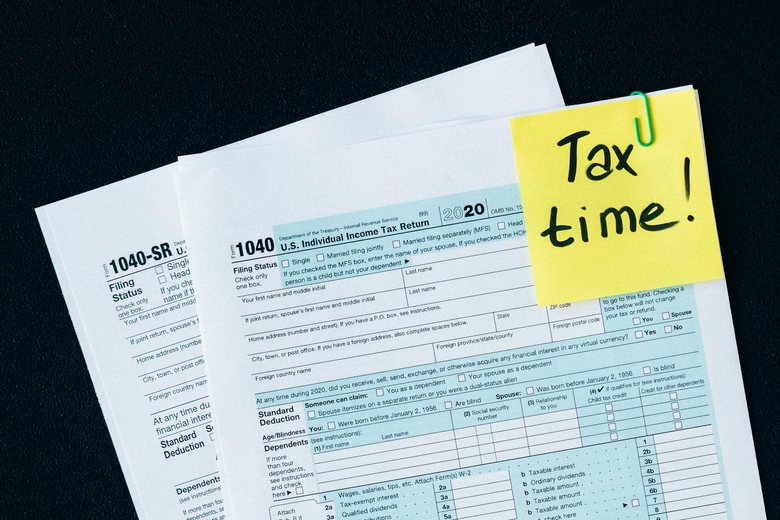Tax season can be a stressful time for many individuals and businesses, but staying informed about filing deadlines and potential penalties can alleviate some of that stress. Understanding the deadlines and consequences associated with tax filings is crucial to avoid running afoul of the law and facing unnecessary penalties.

In this article, we'll delve into the importance of tax filing deadlines, the penalties for missing them, and strategies to ensure compliance.
Importance of Tax Filing Deadlines
Tax filing deadlines are not arbitrary dates set by the government; they serve critical functions in the tax system. These deadlines allow the government to efficiently collect revenue, process returns, and allocate resources. For individuals, timely filing ensures the receipt of any refunds owed and helps avoid penalties and interest charges. For businesses, meeting filing deadlines is essential for maintaining good standing and avoiding potential audits.
Understanding Different Tax Deadlines
Tax deadlines vary depending on the type of taxpayer and the nature of their income. For individual taxpayers in the United States, the deadline to file federal income tax returns is typically April 15th, unless it falls on a weekend or holiday, in which case the deadline is extended. However, certain circumstances may warrant an extension, allowing taxpayers until October 15th to file their returns.
For businesses, the deadlines can vary based on the entity type and the fiscal year-end. Corporations typically have a different filing deadline than partnerships or sole proprietorships. Additionally, different tax forms may have different due dates, such as estimated tax payments or information returns.
Penalties for Late Filing
Missing tax filing deadlines can result in various penalties, depending on the severity of the delay and the taxpayer's compliance history. Some common penalties for late filing include:
Failure-to-File Penalty: This penalty is assessed when a taxpayer fails to file their tax return by the deadline. The penalty is typically a percentage of the unpaid taxes owed and can increase the longer the delay persists.
Failure-to-Pay Penalty: If taxes are owed but not paid by the filing deadline, the taxpayer may incur a failure-to-pay penalty. This penalty is also calculated as a percentage of the unpaid taxes and accrues interest over time.
Interest Charges: In addition to penalties, the IRS or relevant tax authority may impose interest charges on any unpaid taxes from the original due date until the date of payment.
Additional Penalties: In cases of fraud or willful evasion, taxpayers may face additional penalties, including criminal charges and substantial fines.
Strategies for Ensuring Compliance
To avoid facing penalties for late filing, taxpayers can take several proactive steps:
Mark Important Deadlines: Keep track of tax filing deadlines and mark them on a calendar to ensure timely submission of returns.
Organize Financial Records: Maintain organized financial records throughout the year to facilitate the tax filing process and minimize the risk of overlooking income or deductions.
Consider Filing for an Extension: If unable to meet the original deadline, consider filing for an extension to avoid late filing penalties. Keep in mind that an extension grants additional time to file but does not extend the deadline for paying taxes owed.
Seek Professional Assistance: For complex tax situations or if unsure about filing requirements, consider consulting a tax professional or accountant for guidance and assistance.
Navigating tax filing deadlines and penalties requires diligence and awareness of important dates and requirements. By understanding the significance of tax deadlines, taxpayers can take proactive measures to ensure compliance and avoid facing penalties and interest charges.
Whether filing as an individual or a business entity, staying organized, and seeking professional assistance when needed can help alleviate the stress associated with tax season and maintain good standing with tax authorities.